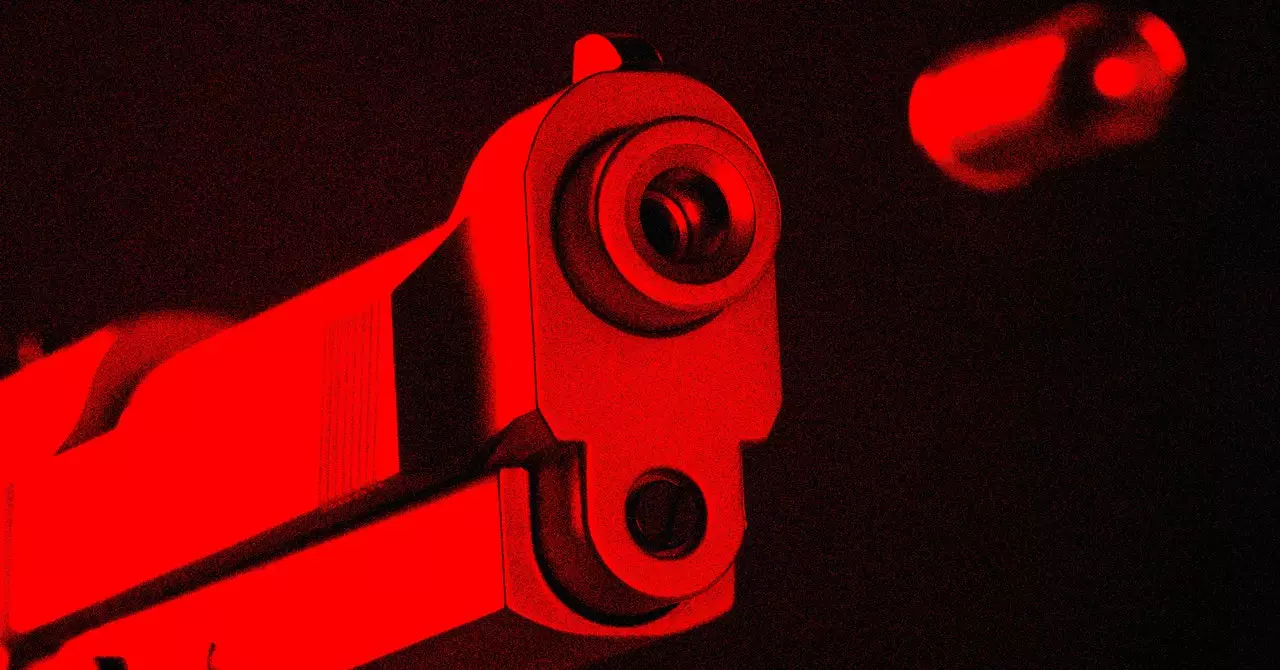Recent audits in New York City and Champaign have raised concerns about the effectiveness of the ShotSpotter system. The audit results showed that only 13 percent of the alerts generated by the system could be confirmed as gunfire. This calls into question the reliability of the technology and the accuracy of the data being provided to law enforcement agencies. The lack of transparency in publishing data about ShotSpotter’s accuracy has also been highlighted as a major issue, making it difficult to assess the true impact of the system.
Champaign and Chicago have decided to cancel their contracts with Flock Safety and SoundThinking, respectively. While Flock Safety claims that their Raven system is over 90 percent accurate at detecting gunshots, questions remain about the overall effectiveness of such systems. Without proper accountability measures and transparency in reporting, it is hard to determine whether these gunshot detection systems are truly making a difference in reducing gun-related crimes in urban areas.
Studies conducted by experts like Eric Piza from Northeastern University have shed light on the limitations of gunshot detection systems. While these systems may lead to faster police response times and improved evidence collection at shooting incidents, there is no evidence to suggest a reduction in gun-related crimes in areas with gunshot sensors. In fact, areas with gunshot sensors were found to have a higher rate of unfounded shots-fired reports compared to areas without such systems. This raises doubts about the overall effectiveness and impact of investing in gunshot detection technology.
The New York City comptroller’s recommendation to not renew the contract with SoundThinking without a thorough performance evaluation highlights the need for greater scrutiny and accountability in the use of gunshot detection systems. Similarly, San Jose’s Digital Privacy Office has advised the police department to continue improving the accuracy of the Raven system if they plan to keep using it. Without clear guidelines and strict evaluation procedures in place, the effectiveness of these systems will continue to be called into question.
While gunshot detection systems may offer some benefits in terms of faster police response times and evidence collection, there is still much to be done in terms of improving accuracy and accountability. Law enforcement agencies need to be transparent in reporting data about the effectiveness of these systems, and researchers must continue to conduct thorough studies to assess the impact of gunshot detection technology on reducing gun-related crimes in urban areas. Only through a comprehensive and critical evaluation of these systems can we truly determine their value and effectiveness in enhancing public safety.


Leave a Reply